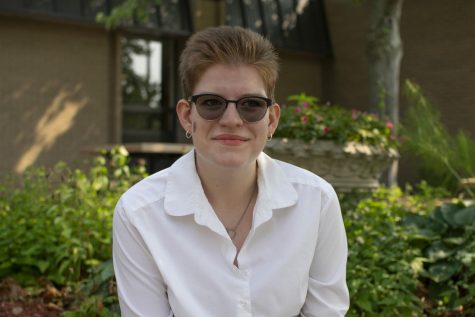Money: let’s talk about it
A person’s financial status influences a lot about the way they see the world and their daily experiences, from the brand of backpack they carry their books around into the kind of cell phone they use to text their friends. But in our society, we tend to forget that not everyone lives the same way we do. The solution to this loss of perspective is learning to talk openly about money Is to gain a broader understanding of our communities.
According to surveys from Bear Facts Student Media, 73.7 percent of Lake Zurich High School students consider themselves middle or upper middle class. But what does that mean on a concrete, more literal and material level? And how can we create a more class-inclusive school where students of all income levels feel visible and validated enough to break the silence around money?
Looking at 2018 data from Onboard Informatics, the median income for Lake Zurich is $101, 872 for a household, which is about 25 percent more than the median income for the state of Illinois ($76,950). This means that when we think about wealth in our community, we often look at the usual suspects: the students with the largest houses and the nicest things. We forget about the more nuanced levels of inequality within our community, and we forget to compare ourselves with the world around us rather than just those next door. When society has created a taboo against talking honestly about the role money plays in our lives, people find it even harder to get realistic perspectives about their place in the class hierarchy.
Forgetting about the money in our lives is a major problem. While students may be intellectually aware of the diverse amount of neighborhoods Lake Zurich High School takes students from when a student has spent a majority of their life going to elementary and middle school with students from their neighborhood they can forget just how obvious the differences between them and their classmates can be from person to person.
In 2018, we are bombarded by media covering income inequality: but in other places, affecting other people distant from us. We are aware of income inequality on a larger scale, but when it comes to our own school, we have a habit of creating a false equality where we think that everyone’s experiences with money are roughly the same and that standards of living change very little within the community. The fact that 69.2 percent of students all believe themselves to be at the same (usually well-off) income level as most other LZHS students demonstrates this dangerous, toxic side effect of our silence around financial issues.
Speaking up sounds easy, but the reality of opening up often feels intimidating and alienating. The barriers to transparency can seem insurmountable, so students can be hesitant to speak up about the differences they see between the role money plays in their lives as compared to other students.
Shame and a desire to conform are at the root of why we do not talk about money, and they are our greatest enemies in working towards a better and more straightforward dialogue around the impact of money on our lives.
While full transparency about money may be only a dream, but there are smaller steps we can take to help. The solution to this is breaking the silence around money and earning to talk about finances in a way that makes students of all income levels feel included and heard.

As secretary and business manager, this will be Emma's third year on staff and her first year in a leadership position senior year. Emma is a film nerd,...
